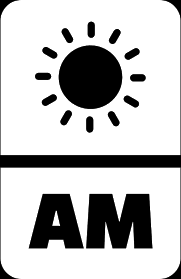Recent discussions in the realm of AI ethics have focused heavily on the need for accelerated regulation and ethical frameworks. The premise is straightforward: restoring public trust in AI requires stricter oversight.
However, this dominant narrative overlooks a critical nuance: the relationship between regulation and innovation is not linear. While it might seem intuitive to equate more regulation with improved ethics, this oversimplifies a complex challenge.
Rapid or overly stringent regulatory frameworks can create a chilling effect on innovation. Fear of compliance can discourage organizations from pursuing new ideas, stifling proactive ethical innovation at a time when it’s needed most.
As stakeholders in the AI ecosystem, we must reevaluate our approach. Sound regulatory measures should support ethical innovation, not hinder it. This calls for a more balanced dialogue—one that fosters trust without compromising creativity.
In 2025, as we reflect on our regulatory practices, let’s ensure we’re not inadvertently creating barriers to progress. The goal should be a framework that encourages responsible innovation, not one that paralyzes it out of fear.
Let’s challenge prevailing assumptions and find pathways that nurture both ethics and innovation in AI.
How can we achieve that delicate balance?
What are your thoughts?





